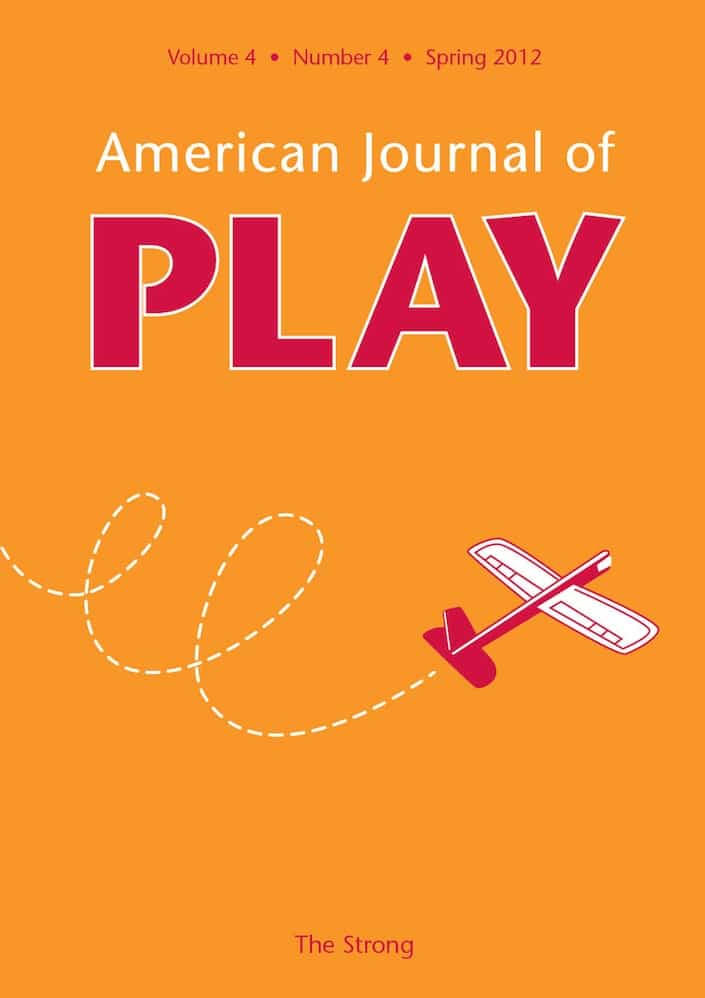Play and Childhood in the American Past: An Interview with Howard Chudacoff
Howard Chudacoff is the George L. Littlefield Professor of American History and Professor of Urban Studies at Brown University and one of several coauthors of the popular textbook A People and a Nation (now in its ninth edition), which established the standard for instruction in social history in undergraduate classrooms. Chudacoff also coauthored The Evolution of American Urban Society (in its seventh edition), which surveys how political, economic, and social trends and issues of class, gender, culture, race, ethnicity, environment, social mobility, and suburbanization shaped life in America’s cities. In other books and scores of articles and papers, Chudacoff has explored family life, childhood, adolescence, aging, and leisure. His acclaimed Children at Play: An American History chronicles children’s exuberant play across the centuries as well as adult attempts to save children from their playful impulses. He is now at work on a book about the major turning points in the history of intercollegiate athletics during the second half of the twentieth century. In this interview, Chudacoff reflects on the challenges of writing about the history of play, the relationship between play and other topics and themes he has explored, and, particularly, about the relationship between play and sports in the United States. Key words: history of children’s play; childhood; college sports; family life; sports in the United States





